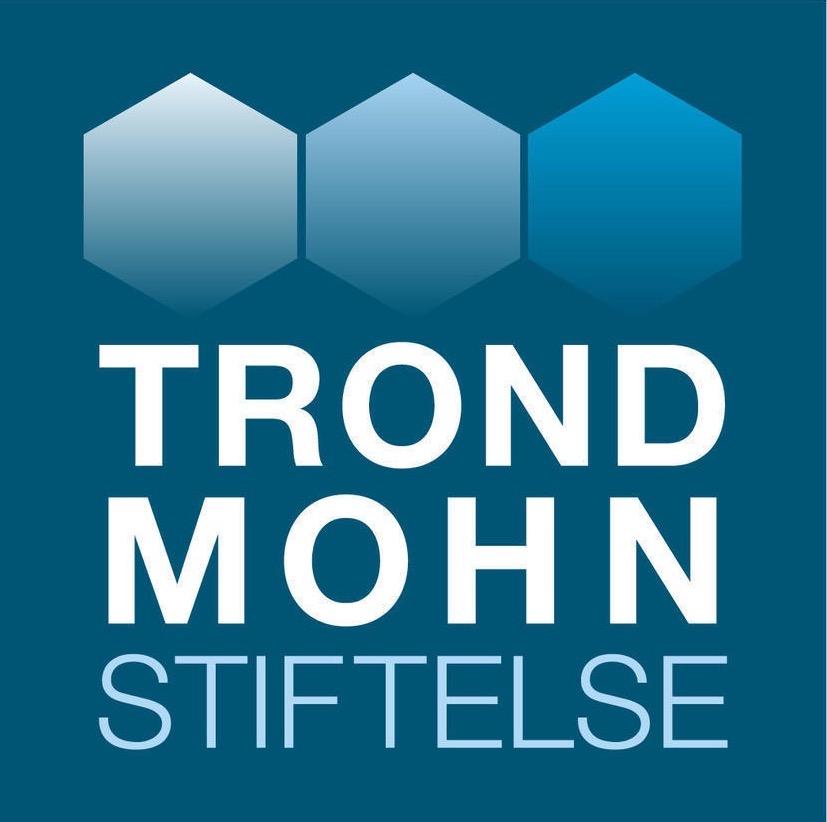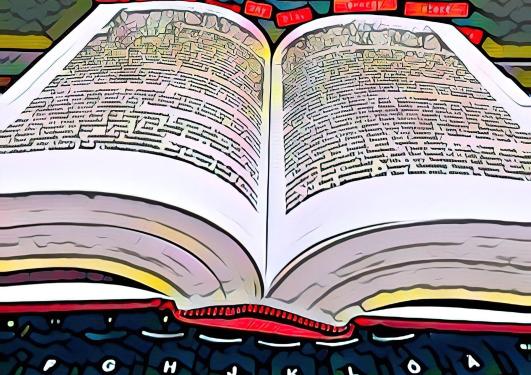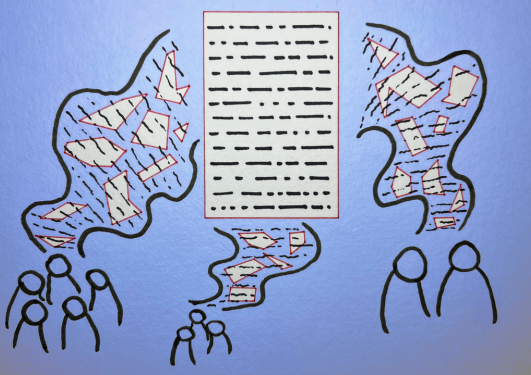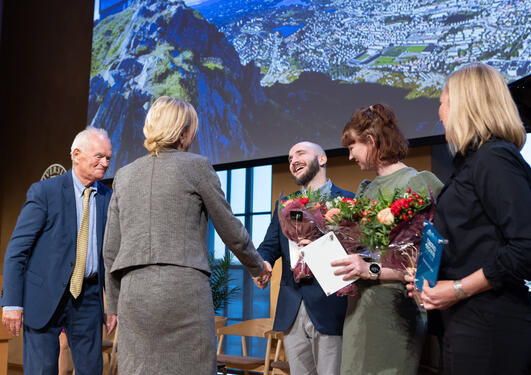ALGOFOLK
"Algorithmic folklore: The mutual shaping of vernacular creativity and automation" (ALGOFOLK) is a four-year TMF-funded project led by Gabriele de Seta, researching the complex relationships between creative practices and algorithmic systems.

Main content
Are machines creative? Can algorithms make art? Will AI replace human invention?
These are the wrong questions. The ALGOFOLK project argues that a more productive way to approach these issues is by unpacking both sides of the automation = creativity equation, and accounting for what is already happening at their articulation through the highly specialized toolbox offered by human and social science approaches to technology.
As algorithmic systems become widely adopted across the globe, profoundly impacting both cultural industries and everyday media practices, it is urgent to understand the emerging relationship between creativity and automation. This interdisciplinary project seeks to theorize this relationship through the concept of algorithmic folklore.
Algorithmic folklore operationalizes the idea that automated systems like recommendation engines and machine learning models give rise to new kinds of vernacular creativity – ordinary creative practices emerging outside the scope of professional and cultural recognition. The relationship between algorithmic automation and vernacular creativity has yet to be properly conceptualized.

ALGOFOLK will fill this gap by proposing that algorithmic folklore articulates creativity and automation through a process of mutual shaping. The project’s overarching research question is: How do algorithms shape people’s everyday creativity, and how do creative practices shape automated systems? This question will be answered through a global and comparative study.
Examples of algorithmic folklore that this project will collect, analyze and compare include: the urban legends through which users make sense of machine learning models such as GPT-4; the folk theories through which people interpret the decisions of social media algorithms such as TikTok’s video recommendation; or the cycles of humorous memes co-created through generative artificial intelligence tools.
This project will impact both academic and public debates about the role of technological automation in society in three ways:
- The theorization of algorithmic folklore will advance current understandings of how people creatively respond to automated systems;
- The global comparative scope of the project will expand scholarly knowledge of creative production beyond anglocentric contexts;
- The archival collection of algorithmic folklore will document an important moment in the history of digital culture.
"Algorithmic folklore: The mutual shaping of vernacular creativity and automation" (ALGOFOLK) is structured in four work packages:
- WP1 Theorizing Creativity and Automation provides a foundation for the other work packages and drives the comparative analysis of their outputs
- WP2 Global Algorithmic Ethnographies will produce situated qualitative accounts of how vernacular creativity interacts with automated systems
- WP3 Algorithmic Media Narratives will trace the circulation of vernacular creativity on social media platforms
- WP4 Archiving Algorithmic Folklore will compile the multimedia texts collected across individual case studies








